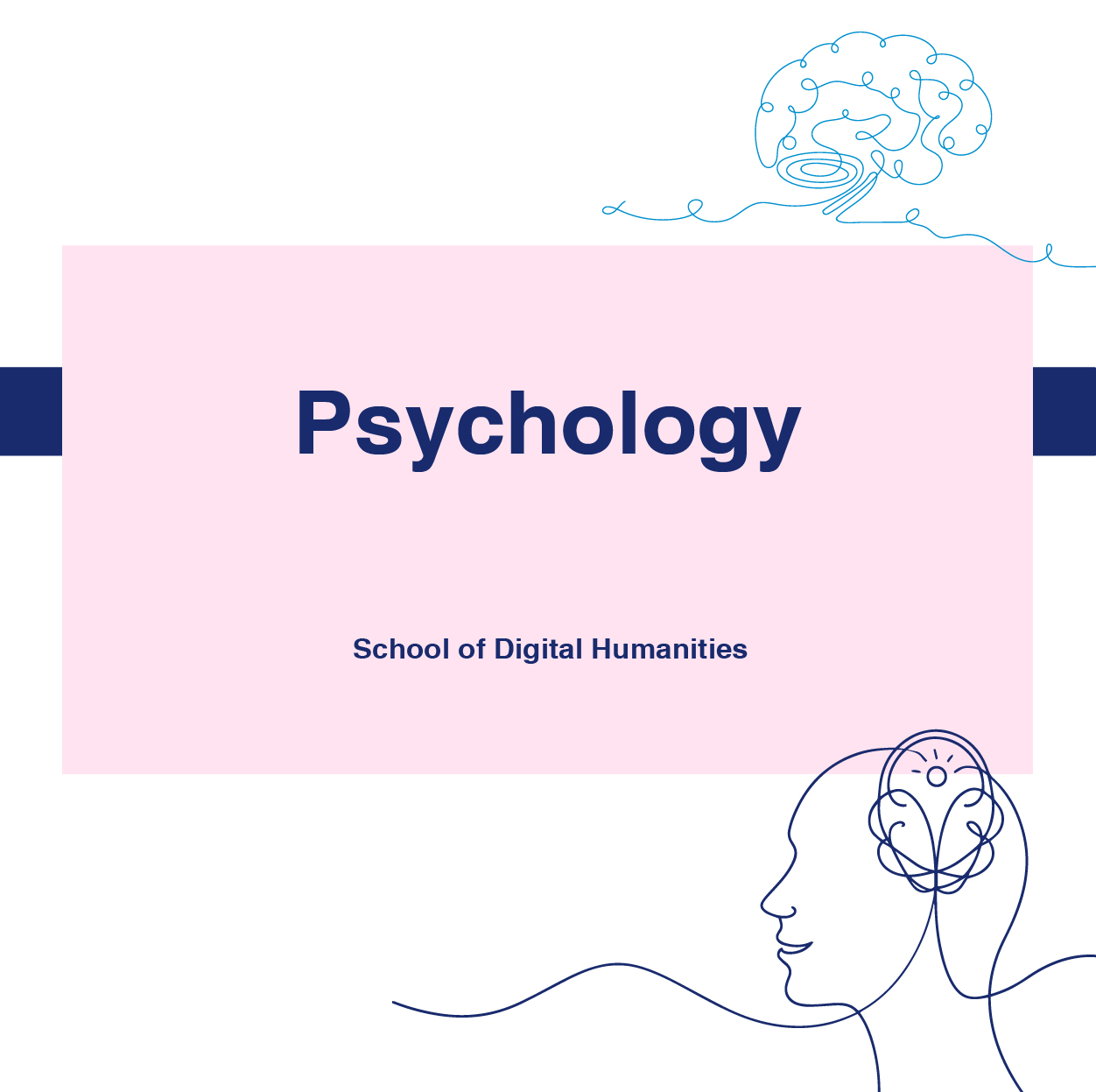
Psychology
About the Program:
In this program, students will have the opportunity to understand the various aspects of psychology and clinical psychology, including theoretical foundations and practical applications. The program aims to equip students with the knowledge and skills necessary to analyze human behavior and understand different psychological processes. Students will learn how to apply psychological principles in a variety of contexts, including mental health, education, work, and social relationships.
Mission of the Program:
To prepare qualified graduates in the fields of psychology and clinical psychology, to develop the knowledge and skills necessary to analyze human behavior and understand psychological processes. We aim to develop graduates' abilities to conduct scientific research and apply psychological principles in various fields, contributing to the enhancement of quality of life at the individual and community levels.

